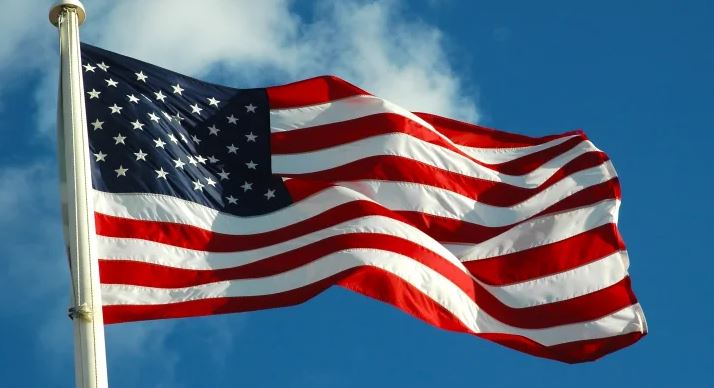< are they thought leaders or thought frauds? >

As we navigate through the world of thought leadership, it is important to ask ourselves what we truly mean by the term “philosopher.” I mean, “thought leader” is only a sleek synonym of “philosopher.” Are those who claim to be thought leaders really seeking knowledge and wisdom, or are they merely seeking power and influence?
This question recalls the famous conversation between Socrates and his friends in Plato’s “Phaedo,” where the great philosopher challenged the claim of the Sophist Evenus to be a philosopher. Socrates argued that Evenus, like many so-called “thought leaders” today, was merely a rhetorician, someone who used language to persuade rather than to seek truth.
Socrates pointed out that true philosophers, like himself, seek knowledge and wisdom for their own sake, without any concern for personal gain or influence. They are committed to discovering the truth, even if it challenges their own beliefs or goes against popular opinion.
In contrast, rhetoricians are primarily concerned with winning arguments and gaining power. And by extension, selling out ineffectual courses, half-baked books, empty sessions, etc. They use language to manipulate others and achieve their own goal of cashing out, rather than seeking truth and wisdom and propagating same.
The term “thought leadership” is often used to describe those who claim to be experts in their field and offer insights and advice to others. However, we must be careful not to confuse true thought leadership with mere rhetoric.
True thought leaders are those who have a deep understanding of their subject matter and are committed to sharing their knowledge and insights with others. They are not concerned with winning arguments or gaining power, but with helping others to learn and grow.
In contrast, those who are merely using the term “thought leadership” as a way to promote themselves or their ideas without a commitment to seeking truth and wisdom are nothing more than frauds.
In the age of social media, it is all too easy to confuse popularity and influence with true thought leadership. We must be careful not to fall into this trap, and instead seek out those who are truly committed to seeking knowledge and wisdom for their own sake.
So the question remains, “Is Evenus not a philosopher?” Perhaps not, according to Socrates. And in the world of thought leadership, we must be just as discerning in our search for true wisdom and knowledge.



